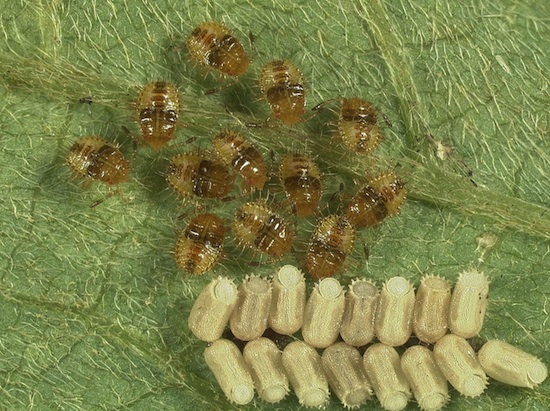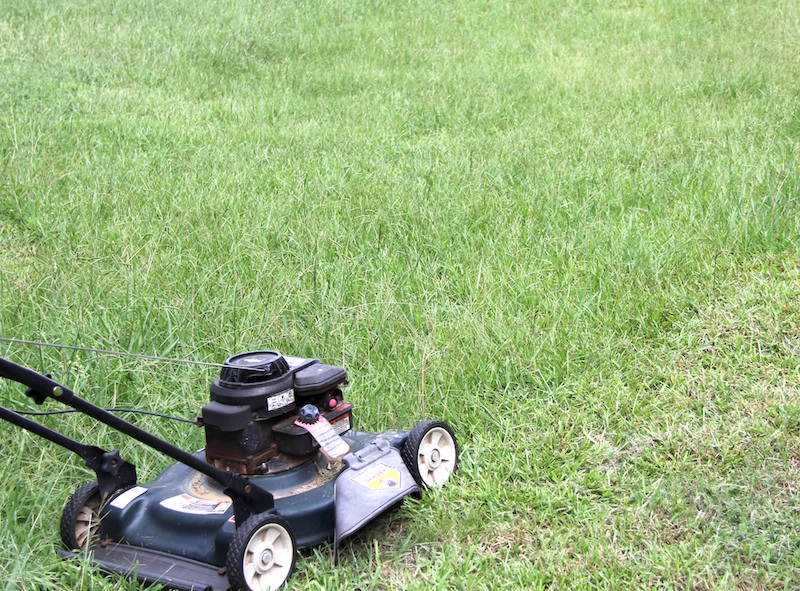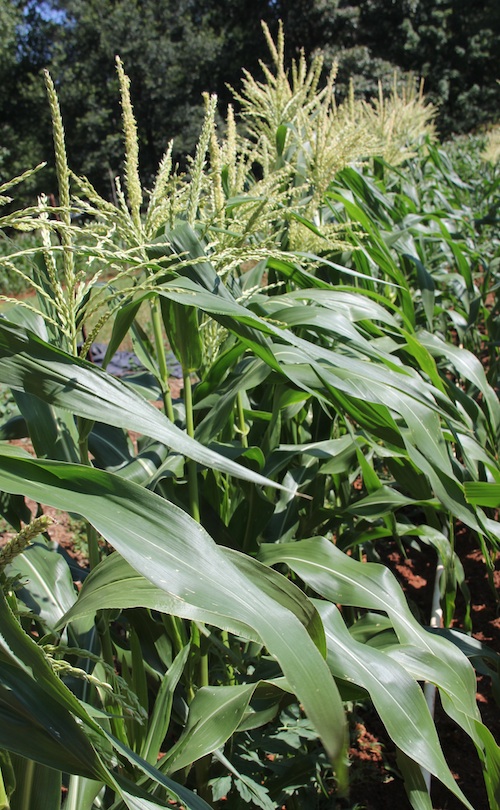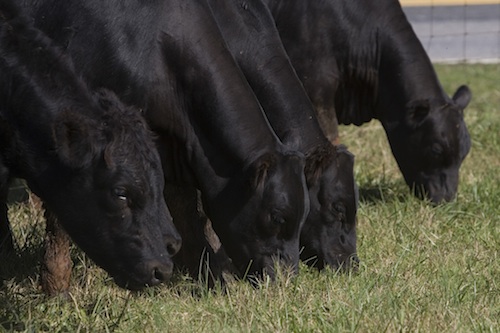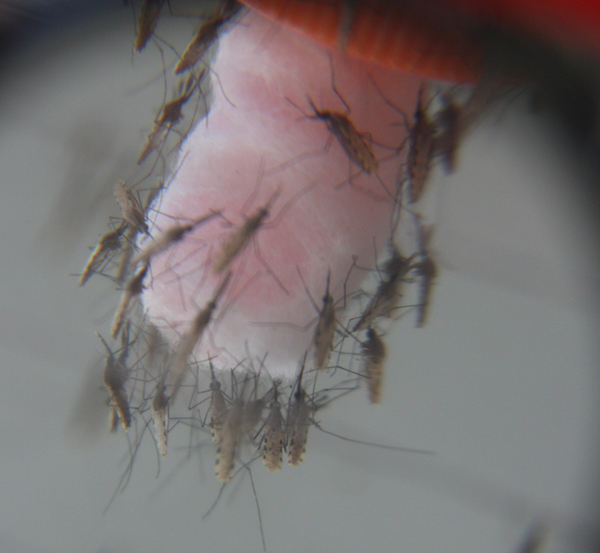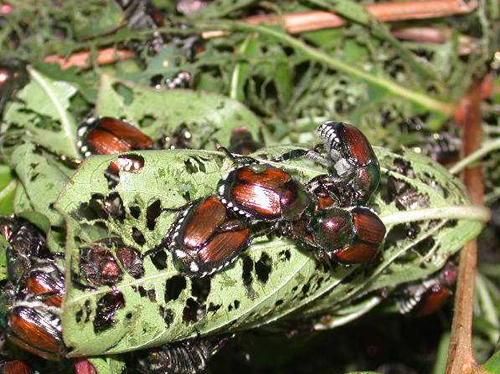 CAES News
CAES News
Understanding insect defense
For scientists who study insects, having a correct model of how an insect forms melanin is important for not only their research on insect structures but also on how to control them. In a new study, published May 17 in the Journal of Biological Chemistry, University of Georgia entomologists find that the model they and other scientists have been using is wrong.

